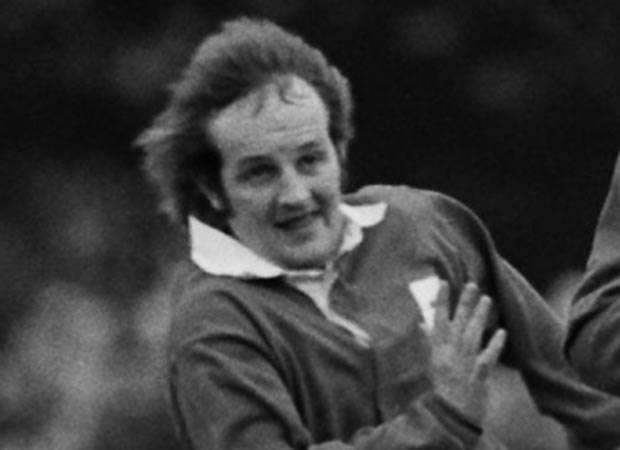
 In the Pantheon of scrum-halves, Welsh names are embossed in gold, spanning the decades from the tragic Dicky Owen to the knighted Gareth Edwards. Haydn Tanner, so good he beat the 1935 All Blacks twice before leaving school, and the towering Terry Holmes are there, too and yet none of the four can hold a candle to another scrum-half whose name is not to be found on any such honours board.
In the Pantheon of scrum-halves, Welsh names are embossed in gold, spanning the decades from the tragic Dicky Owen to the knighted Gareth Edwards. Haydn Tanner, so good he beat the 1935 All Blacks twice before leaving school, and the towering Terry Holmes are there, too and yet none of the four can hold a candle to another scrum-half whose name is not to be found on any such honours board.
Elis Wyn Williams never won a cap and his old friends would say that was partly because he was too busy making sure others won theirs. His contemporaries in the late Sixties and Seventies took some beating – Clive Shell, Glyn Turner, Allan Lewis, Billy Hullin, ‘Chicko’ Hopkins and the unrelated Brynmor Williams among others forming a forlorn queue behind Edwards.
While they all flitted across the Test stage, Elis contented himself with a Secondary Schools‘ cap and 70 matches in seven seasons at Old Deer Park when London Welsh had more Lions than Longleat. Yet he deserves to be recognised as unique among those of his breed.
No other Welsh scrum-half can claim to have turned four of his pupils at a state school in north-west London into international sportsmen. As admirable proof of his generosity of spirit during a lifetime of teaching, Elis inspired all four to play for their country – England footballers Luther Blissett and Dave Beasant, cricketers Chris Lewis and Phillip DeFreitas.
An all-rounder who made more than 10,000 runs and took almost 1,250 wickets, ‘Daffy’ DeFreitas could have been speaking for them all. “I owe everything to Elis,” he said. “Right from the start he was always there encouraging me, making me believe in myself. If it hadn’t been for him, nobody would ever heard of Phillip DeFreitas as an England cricketer.
“As a young lad going to Willesden High School I found it difficult to communicate with the teachers but that was never the case with Mr Williams. I was so lucky to be at the school where he was the games master.
“Back in London after my first Ashes tour in 1986, I made a point of returning to the school to see Elis. He was the one who made it all possible and I wanted to thank him.
“He said to me: ‘You see what can be done with dedication, hard work and self-belief.’ Elis gave me all that and more. He always kept me going whenever I began to doubt myself.
“For as long as I was playing for England, he’d come to the majority of the home Test matches and we’d have a little chat after stumps. If it hadn’t been for him, there wouldn’t have been a cricket team at school.
“We had no facilities apart from a dodgy artificial wicket and a couple of concrete nets. During the winter, Elis arranged for us to have the use of proper indoor nets at Finchley and then he’d make sure we played our matches on proper pitches at other places.
“For two lads from a state school to have played in the same England team was unheard of. It had never been done before, I doubt if it will ever be done again and that was down to Elis Williams.
“When I last met him a couple of years back we spoke at length about the lack of facilities and lack of coaching at state schools for games like cricket. He succeeded against all the odds where a lesser teacher would have given up.
“Elis’ work was an inspiration to those of us lucky enough to have benefitted from it. It made such an impact on me that I am aiming to pick up where he left off.
“I am doing a project on that subject which is to be launched on January 25 at Babington Community school in Leicestershire. They will lead the way and so ensure that more kids get the kind of opportunity Elis gave me.
“He was really into his rugby. We didn’t play it at school but eventually he talked me into giving it a go at a club called Sudbury Court. I played on the wing for the fourth XV but the red mist would come down.
“I couldn’t handle it so I stuck to football. I had a chance to join the groundstaff at Luton Town and I talked to Mr Williams about that. His advice to me was: ‘Go with your instinct.’
‘’My instinct told me that I should concentrate on cricket. It was always my first love and once I’d made up my mind, Mr Williams backed me all the way.”
His funeral takes place at Llanelli Crematorium at 1pm tomorrow. Unable to attend, DeFreitas has asked the Williams family if they would consider having his tribute read out during the service for his mentor who died in Hillingdon hospital four days after Christmas, at 66 gone long before his time.
A native of Brynamman whose older brothers, John Elgar and Eurfyl also played for Wales at schoolboy and youth level, Elis, according to former referee-turned-author Alun Wyn Bevan also excelled at gymnastics and cricket. “He was extremely proud of the part he played in the development of those four pupils,” Bevan said. “But, typical of Elis, he never spoke about his achievements.”
Another tribute springs to mind, a couplet composed by Grantland Rice, a sportswriter during the golden era of American journalism whose career embraced those of Jesse Owens, Babe Ruth, Joe Louis and Ben Hogan:
When the Great Scorer comes to mark against your name, he writes not that you won or lost, but how you played the game.
Elis passed that test with such flying colours that English football and English cricket ought to be paying their last respects in Llanelli at lunchtime tomorrow.

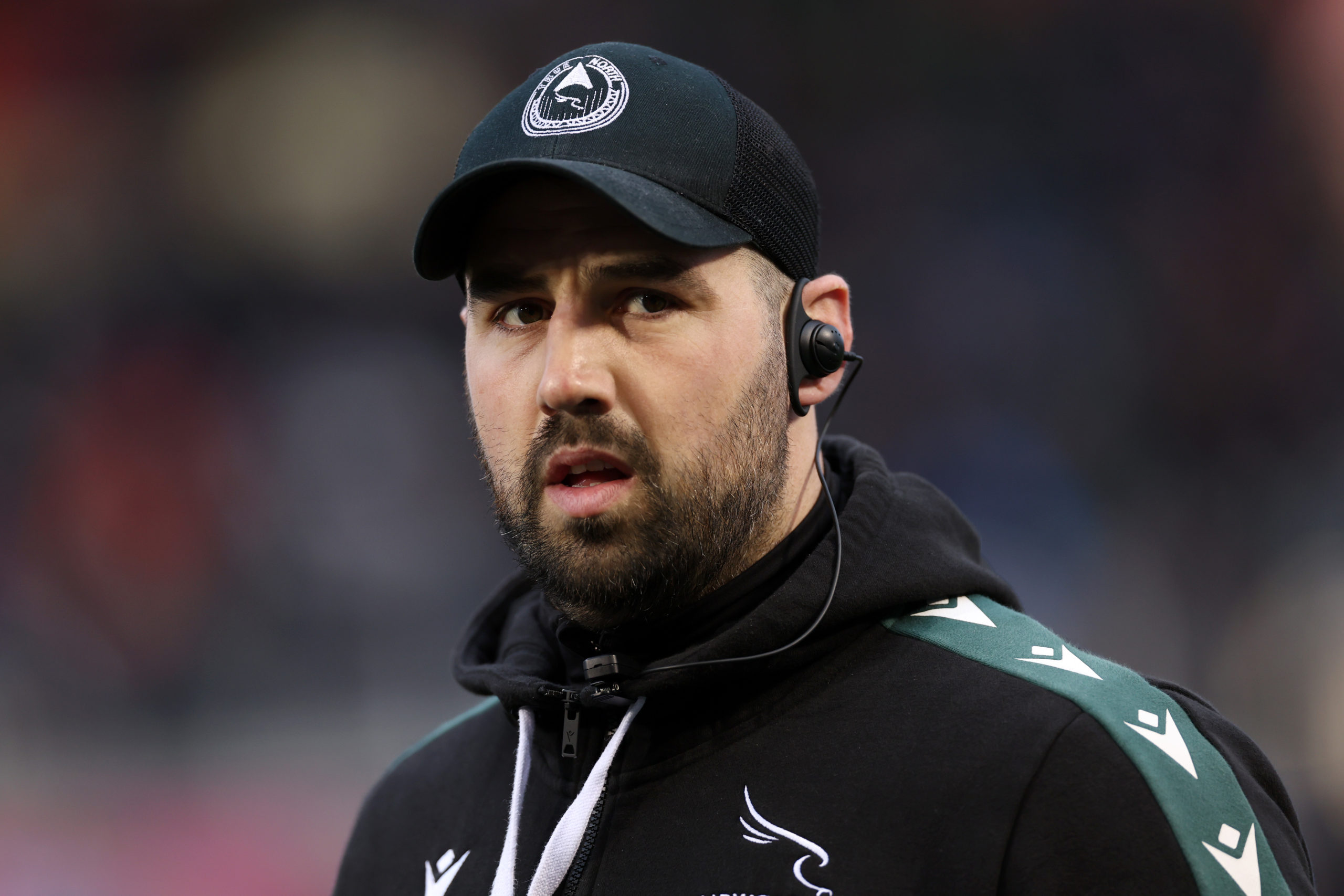
Latest News
Pete Ryan: Bridgend’s College Pathway

Latest News
Jacques Vermeulen: I must prove myself again

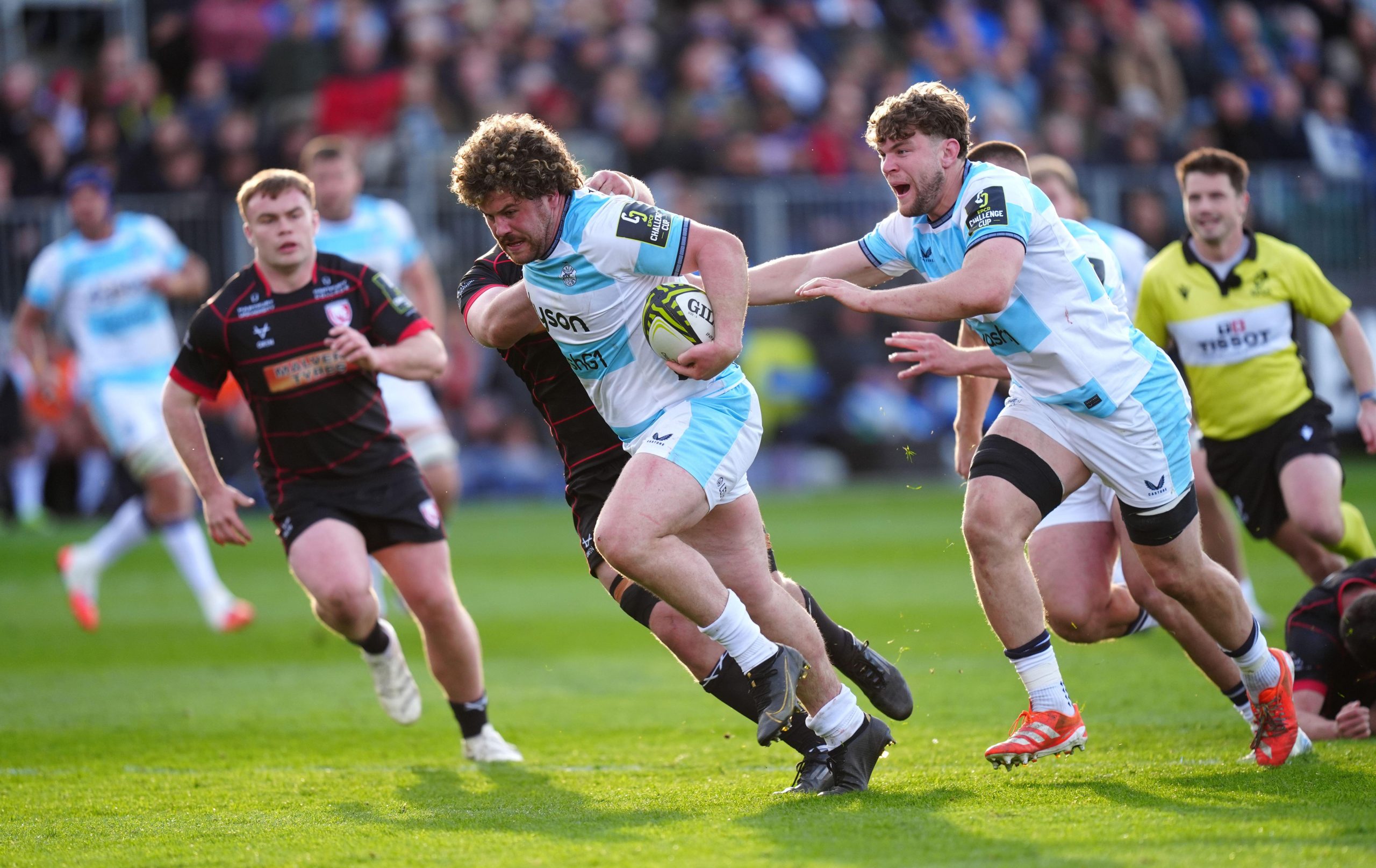
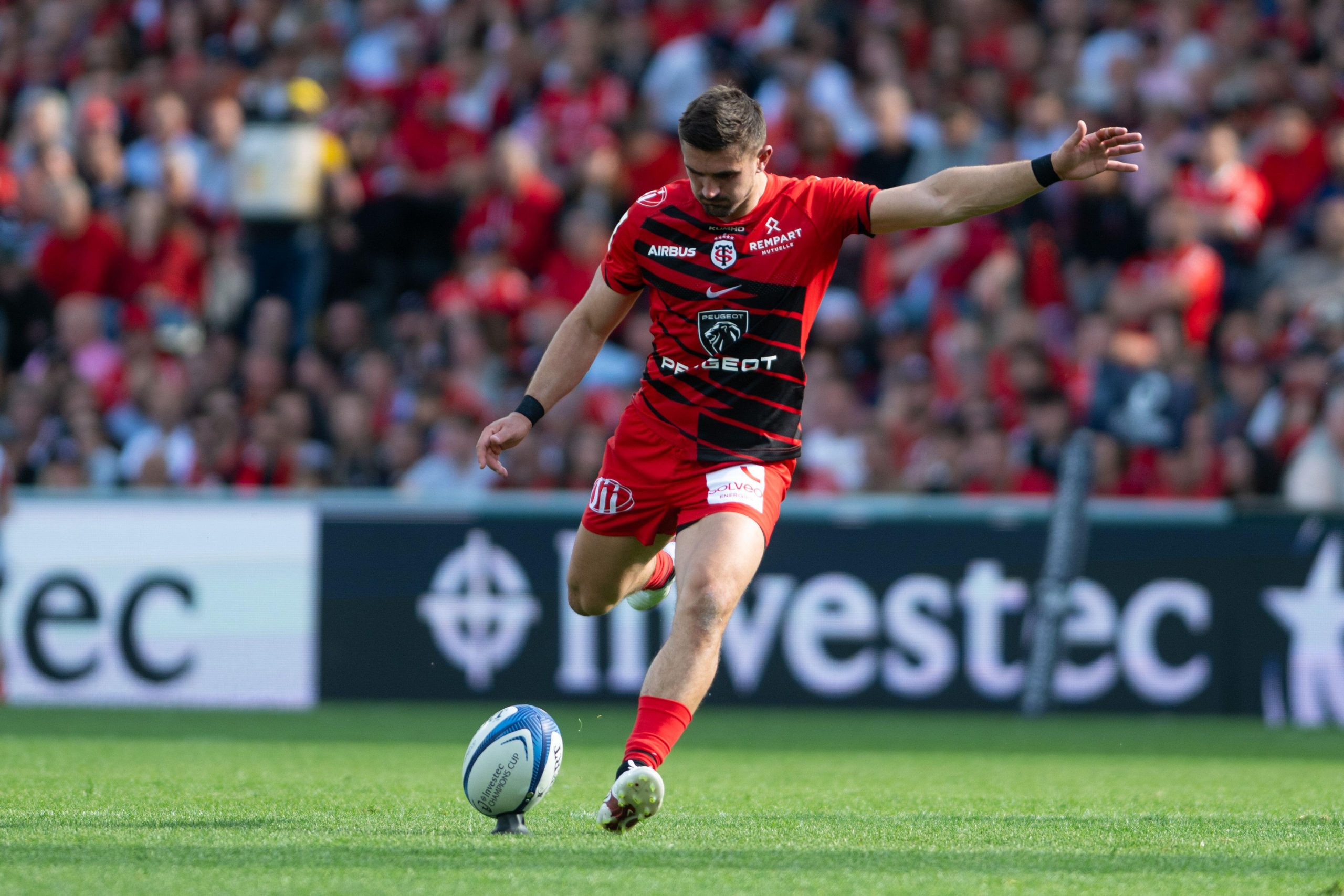














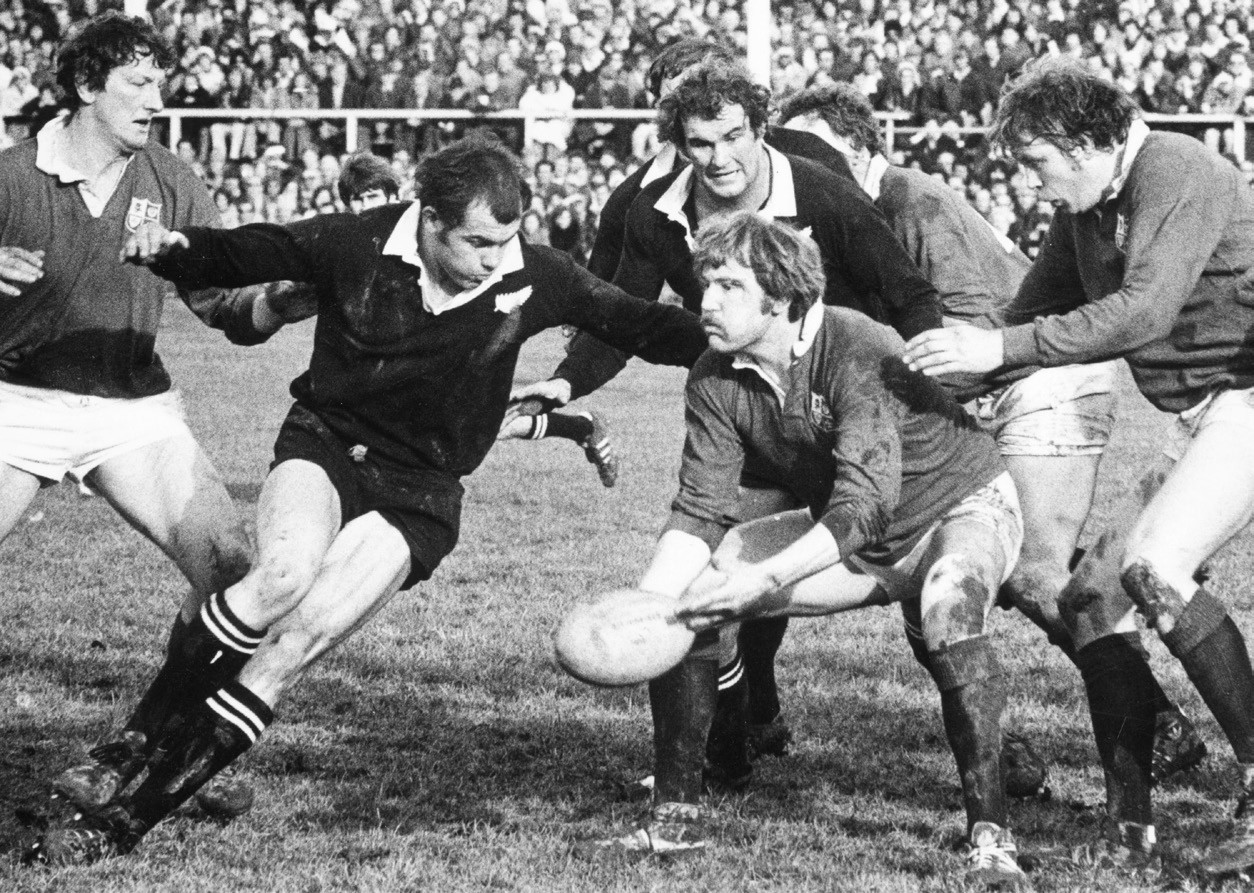
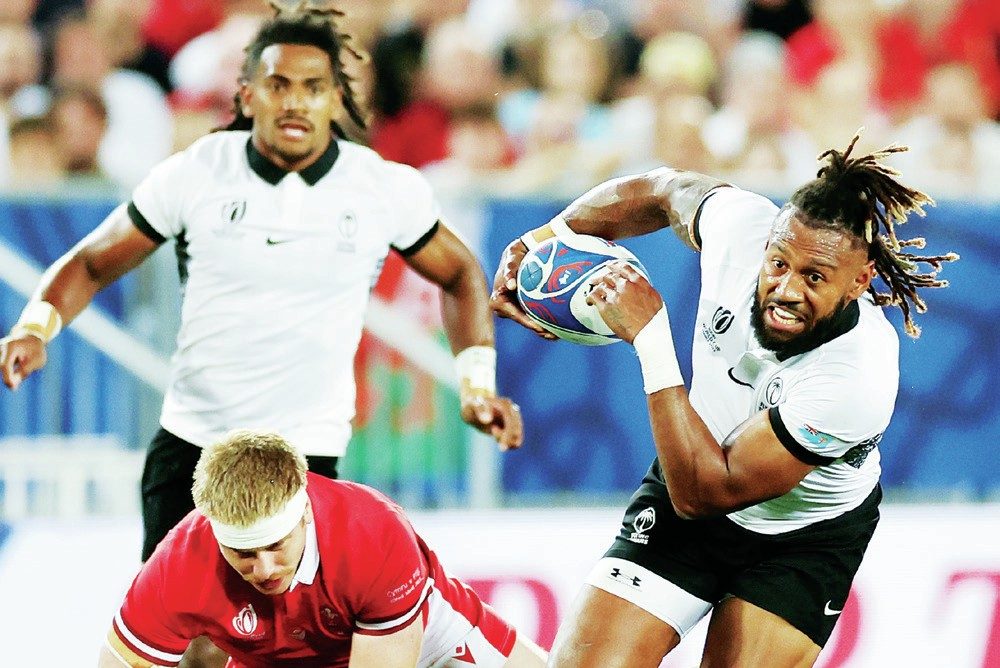
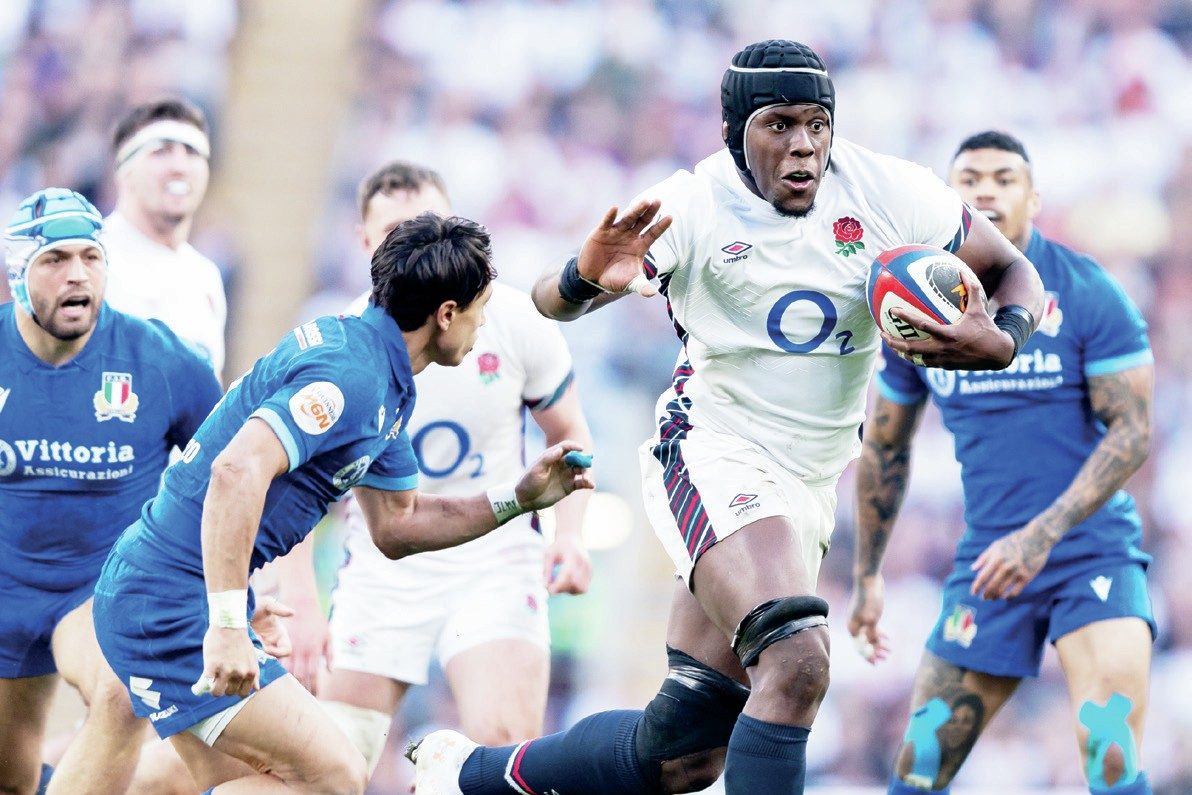

You must be logged in to post a comment Login